The lights are going out across Europe
The EU’s plan for mandatory gas rationing is utterly terrifying.
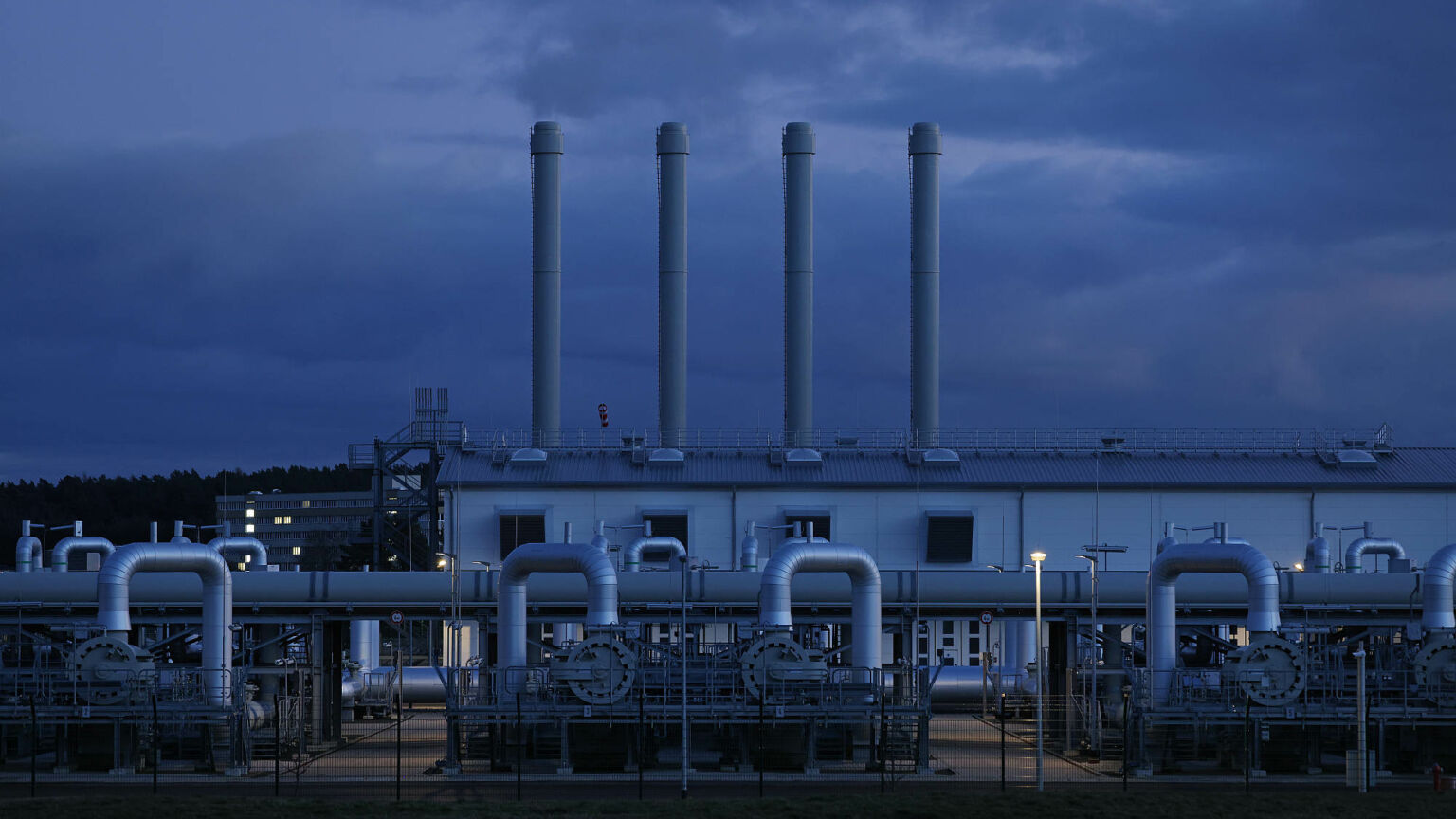
Want unlimited, ad-free access? Become a spiked supporter.
The EU’s 27 member states – all modern, advanced industrialised economies, some among the richest in the world – are about to start rationing their energy supplies. This week, at an extraordinary summit, EU members agreed to a European Commission proposal to slash their gas use by a punishing 15 per cent over the next eight months. From August 2022 to March 2023, the lamps will, quite literally, be going out all over Europe.
The immediate spur for this is the prospect of Russia limiting or even cutting off supplies of gas to the EU. According to European Commission president Ursula von der Leyen, even this worst-case, nightmare scenario is ‘likely’. European leaders were particularly spooked earlier this month when the Nord Stream 1 gas pipeline, which supplies Russian gas to Germany, had to be shut down for 10 days for repairs. They were afraid it would never reopen.
The EU’s punishing plan is designed to get Europe through the winter, should the Russians do the unthinkable and turn off the taps completely. If the crisis deepens, voluntary gas cuts could become mandatory. The European Commission of unelected technocrats has also explored the use of emergency protocols which could block any country from exercising a veto on mandatory gas cuts and would also prevent the European Parliament from having a say.
As Politico reported in the run-up to this week’s summit, European governments were ‘being asked to sign over their right to energy sovereignty’, in Brussels’ ‘most far-reaching power grab’ yet. And with some exemptions – for nations not connected to the EU’s gas and electricity networks – this is exactly what has happened. European countries now face crippling energy cuts – first self-inflicted, then potentially imposed by Brussels.
Yet in the eyes of the Brussels spin machine, this gas-rationing catastrophe is EU ‘solidarity’ and ‘unity’ in action. Or even, in the excitable words of European Commission vice-president Frans Timmermans, a golden opportunity for Europeans to become ‘masters of our own energy security this and next winter’. This is through-the-looking-glass stuff.
It is hard to overstate the madness of all this. This should not be mistaken for a bold or selfless move to sanction Russia for its horrific invasion of Ukraine. The EU had already agreed to cut Russian gas imports by two-thirds back in March, and to ban 90 per cent of oil imports back in May. No, this plan is about slashing Europe’s use of gas, wherever it is from. It is about managing Europeans’ ‘demand’ for energy rather than fixing its supply.
And while all of Europe is dangerously dependent on Russian gas – with Russia supplying 40 per cent of imports last year – the main concern is Germany. Indeed, it is the world’s largest importer of natural gas, 55 per cent of which came from Russia last year. It is Germany that this plan really sets out to rescue.
Germany is already having to make drastic cutbacks to energy use. Town councils are dimming or turning off street lights and even traffic lights. Large landlords and housing associations have started turning down the heating on their residents and rationing their hot water. Some local authorities are considering setting up ‘warm rooms’ for elderly people to gather in the winter.
Even Germany’s much-vaunted industrial sector – powered largely by gas – is now facing the abyss. Germany now has a trade deficit for the first time in 30 years. Trade-union leaders fear the collapse of entire industries. Green Party economy minister Robert Habeck has warned of an impending ‘Lehman Brothers-style’ crisis, triggered by gas shortages, that could send shockwaves through the wider economy. And foreign minister Annalena Baerbock even said the government could be ‘busy’ this winter dealing with ‘popular uprisings’ (though she has since retracted this).
So clearly, Germany is in a deep crisis. And via the EU, it is asking (or strong-arming) its European neighbours to share some of the pain.
Some fellow member-states were quick to spot the irony in what is effectively an energy bailout of Germany. This is the same Germany that, during the Eurozone debt crisis of the 2010s, insisted that indebted countries had only themselves and their profligacy to blame. Bailouts were offered but strict austerity measures and so-called structural reforms were attached, which laid waste to the southern European economies. The economies of Greece, Italy and Spain have never recovered to their pre-2010 levels. As Spain’s energy minister put it, when hitting back against the proposals last week: ‘Unlike other countries [ie, Germany] we have not been living above our energy means.’ Spain was joined by a host of other southern countries in voicing public opposition to the energy-rationing plans. But, as the Spanish energy minister acknowledged, whatever her protestations, the core proposals were really ‘a fait accompli’. Berlin usually rules in Brussels, after all. At this week’s council meeting, though southern Europe was able to draw some concessions, only Hungary actually voted against the plan.
Those southern Europeans are right to grumble, of course. Germany’s crisis is not just a product of bad luck. Germany has made a series of strategic mistakes going back decades – some of which are unforgivable and utterly inexplicable.
Like many in Europe, Germany misjudged Russia’s intentions. Indeed, even as President Putin’s tanks massed on the Ukrainian border, Germany still had every intention of pressing ahead with Nord Stream 2, a planned gas pipeline to Russia, which would have supplied a third of Germany’s gas needs for the next decade. This reliance on piped gas also means that, unlike other countries, like the Netherlands and France, Germany has no infrastructure for importing liquefied natural gas, which would allow it to buy gas from a broader range of countries.
And like many countries, Germany has attempted a disastrous transition to carbon-free energy. The intermittency problems that are inherent to renewable energy mean there are huge energy gaps to fill when the sun doesn’t shine or the wind doesn’t blow. This creates a dependency on gas to fill in the gaps.
Most baffling of all has been Germany’s abandonment of nuclear power. Nuclear energy produces no carbon emissions, but it is still hated and feared by Germany’s green-leaning establishment. In fact, green thinking exercises such a tight grip on the German political class that the German government appears determined not to extend the lifespan of its nuclear power plants – even amid this once-in-a-century energy crisis, and even as it asks for energy-rationing ‘solidarity’ from other countries.
The crippling gas cuts to come are not a sign of European strength and solidarity. They are an irrational, dangerous reaction to a crisis decades in the making. And they will leave a lot of ordinary Europeans out in the cold.
Fraser Myers is deputy editor at spiked and host of the spiked podcast. Follow him on Twitter: @FraserMyers.
Picture by: Getty.
You’ve hit your monthly free article limit.
Support spiked and get unlimited access.
Support spiked and get unlimited access
spiked is funded by readers like you. Only 0.1% of regular readers currently support us. If just 1% did, we could grow our team and step up the fight for free speech and democracy.
Become a spiked supporter and enjoy unlimited, ad-free access, bonus content and exclusive events – while helping to keep independent journalism alive.
Monthly support makes the biggest difference. Thank you.


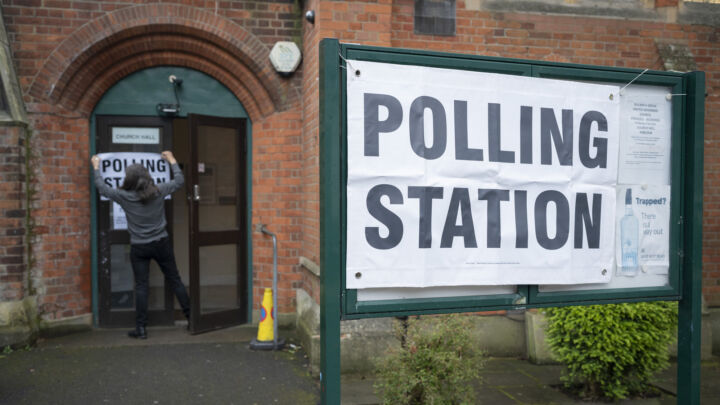
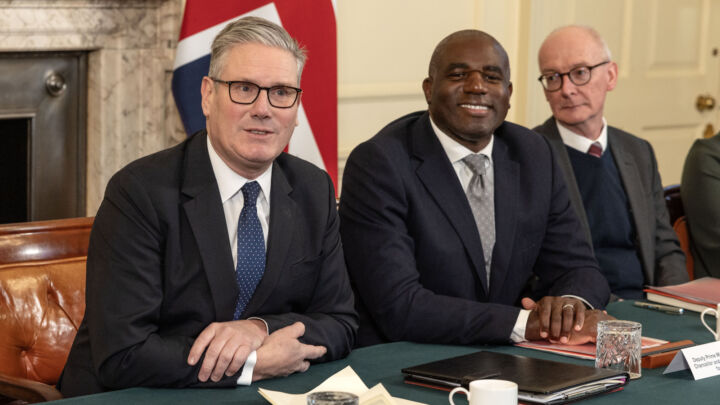
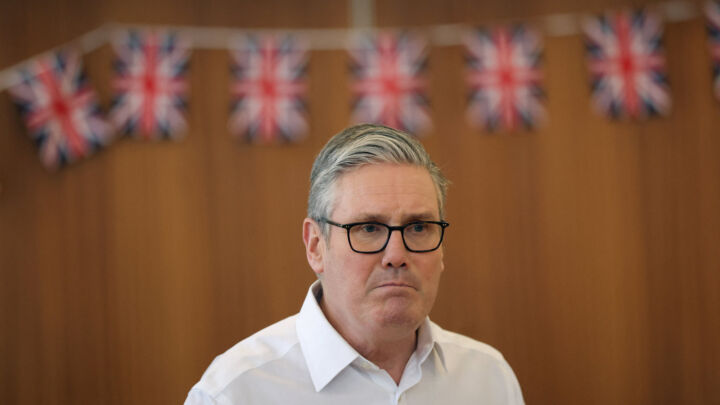

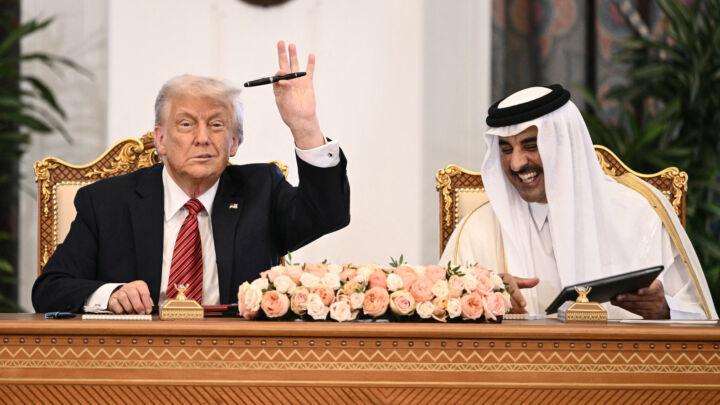

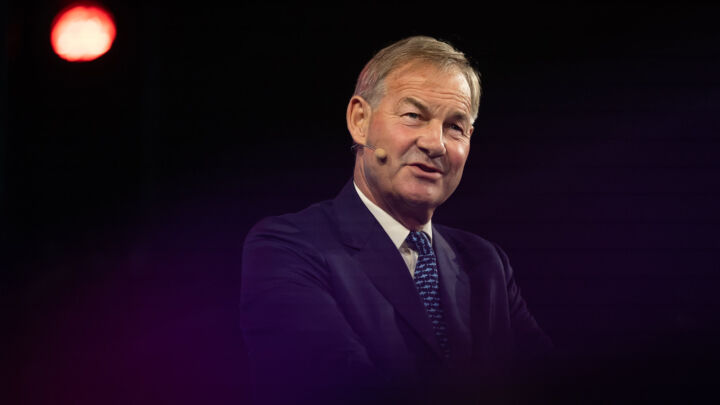



Comments
Want to join the conversation?
Only spiked supporters and patrons, who donate regularly to us, can comment on our articles.